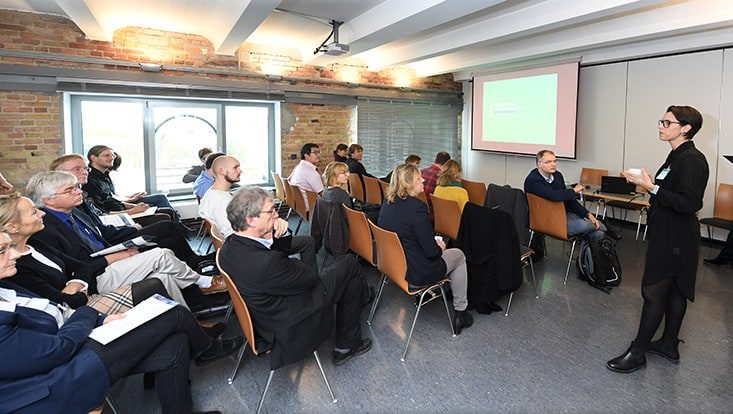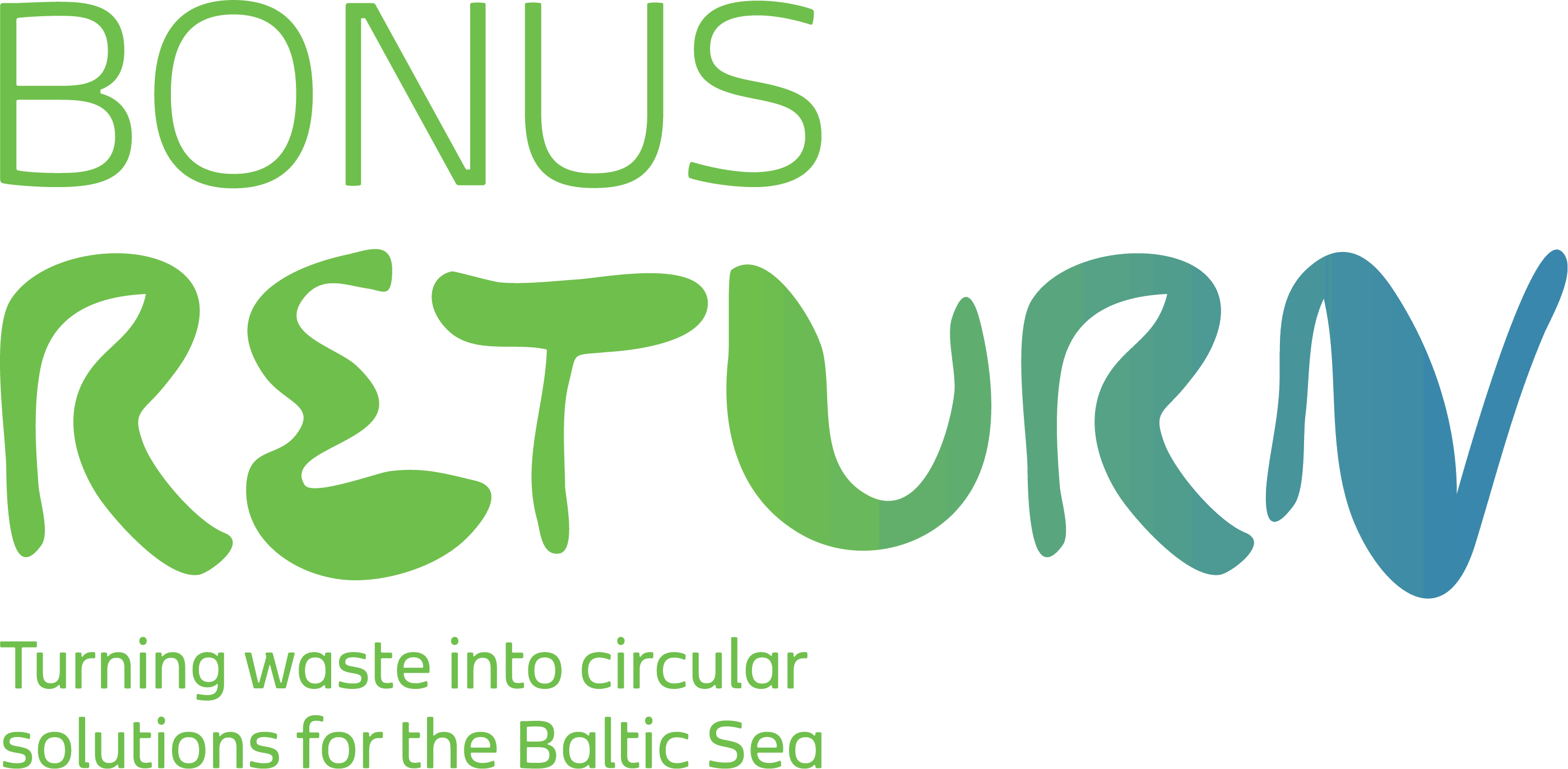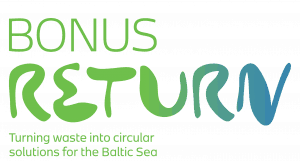BONUS RETURN’s project coordinator, Karina Barquet gave a keynote titled a systemic approach to circular innovations for phosphorous governance at the Ocean – Climate – Sustainability Research Frontiers conference, held on 22nd and 23rd October 2018 in Berlin, Germany. The conference focused on future ocean and climate related research.

A systemic approach to circular innovations for phosphorus governance
ABSTRACT
Nutrients, primarily in the form of phosphorus and nitrogen, are the major cause for human eutrophication. Today there is a surplus of nutrients in most of the world’s oceans which is contributing to the acidification of coastal areas. At the same time phosphorus and phosphate rock have been classed as one of Europe’s critical raw materials, which are non-substitutable materials and of high economic importance. This sends strong signals on the importance of having reliable and unhindered access to this finite resource at a time when supply security is at risk.
The surplus of phosphorus in oceans and the demand for it in food production should, in theory, be a motivation for supporting reuse of social and technical innovation to provide this valuable resource where there is a demand for it, and at the same time contribute to reducing eutrophication in coastal waters. In fact, there is an acknowledgement of the opportunities that water innovation can bring about for markets and the environment. The water sector is a large and key component of the European eco- industrial landscape, globally, the water market is growing rapidly and estimated to reach 1 trillion Euros by 2020.
Within the global water market, the development of refinery technology and practices to recover and reuse valuable raw materials have been identified as priorities of the European Innovation Partnership for Water. Despite this scenario, uptake of social and technical innovation for reuse of phosphorus is limited, and as a result a circular phosphorus economy has not yet materialised.
We thus explore what is required to achieve a circular phosphorous economy. Based on preliminary findings from BONUS RETURN, this paper adopts a systemic view to explore the governance, technology, and market mechanisms that are currently hindering the uptake of social and technical innovation for reuse, and the emergence of a recycled phosphorus market. Based on experiences from the Baltic Sea Region, we also identify opportunities and drivers that may influence demand, innovation uptake, and policy for reused phosphorus.
Karina Barquet – Project Coordinator, BONUS RETURN.

